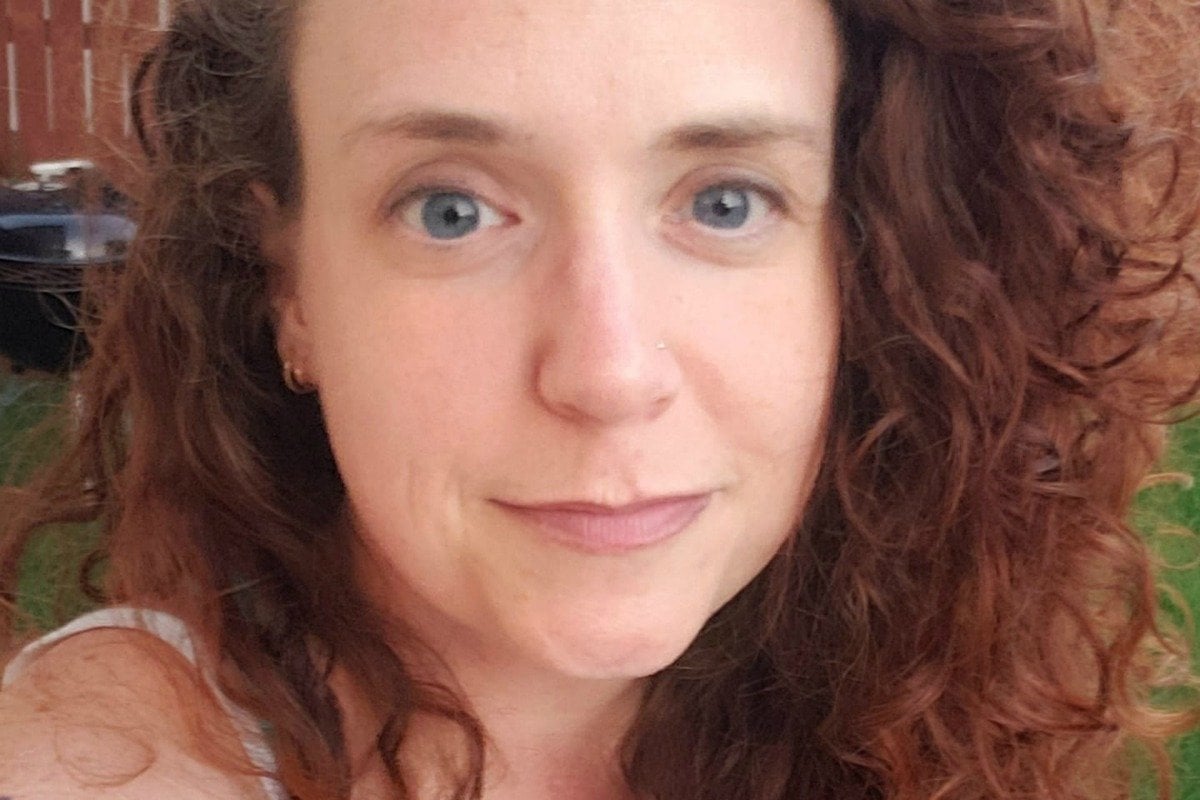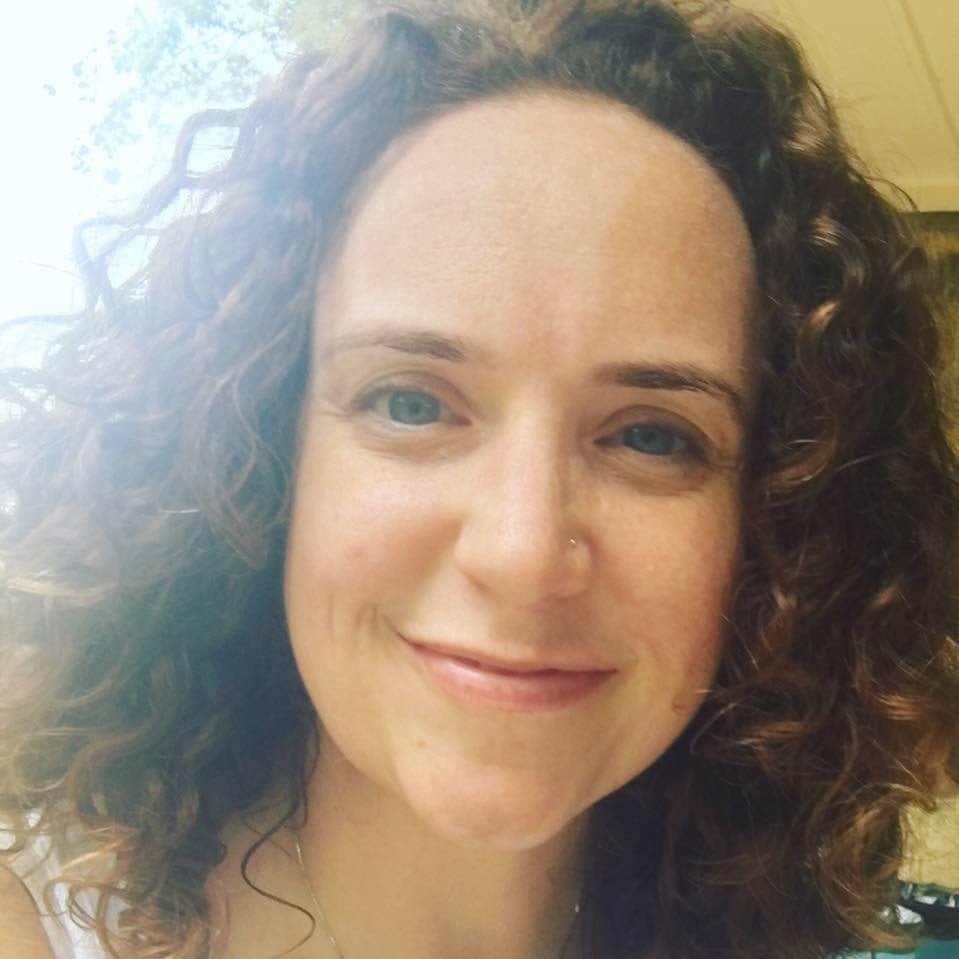
Janie Oyakawa had a really unpleasant experience giving birth in a Texas hospital.
She was angry at how degrading she found it and describes feeling like she lost her autonomy in that moment.
So she started to pull back from modern medicine, and for her next birth she opted for a home delivery with the assistance of a midwife.
"That kicked off me going down a trail towards more natural parenting styles. Because I wanted to find more women who had had births [at home] with midwives, and who had been in a similar situation," Janie told Mamamia's news podcast The Quicky.
"I got involved in a lot of parent groups which were 'crunchy' as they say. So pro-natural birth, pro-breast feeding, pro-attachment parenting, pro-co sleeping. Subsequently, along with that came anti-vaccine views."
Listen to Janie speak about her experience on The Quicky. Post continues after podcast.
Pretty soon, Janie found herself being sucked in.
"I started to wonder what modern ailments could be attributed to vaccination. And that gave me a lot of hesitancy. So after I did have my child at home, I did not go down the typical path of vaccination like I had with my older children," she said.
The problem with online forums like the ones Janie found herself in is that they are petri dishes for fear and conspiratorial thinking. Once you are immersed, it's not just the voices from the groups feeding you constant misinformation - it's also the social media algorithms.


